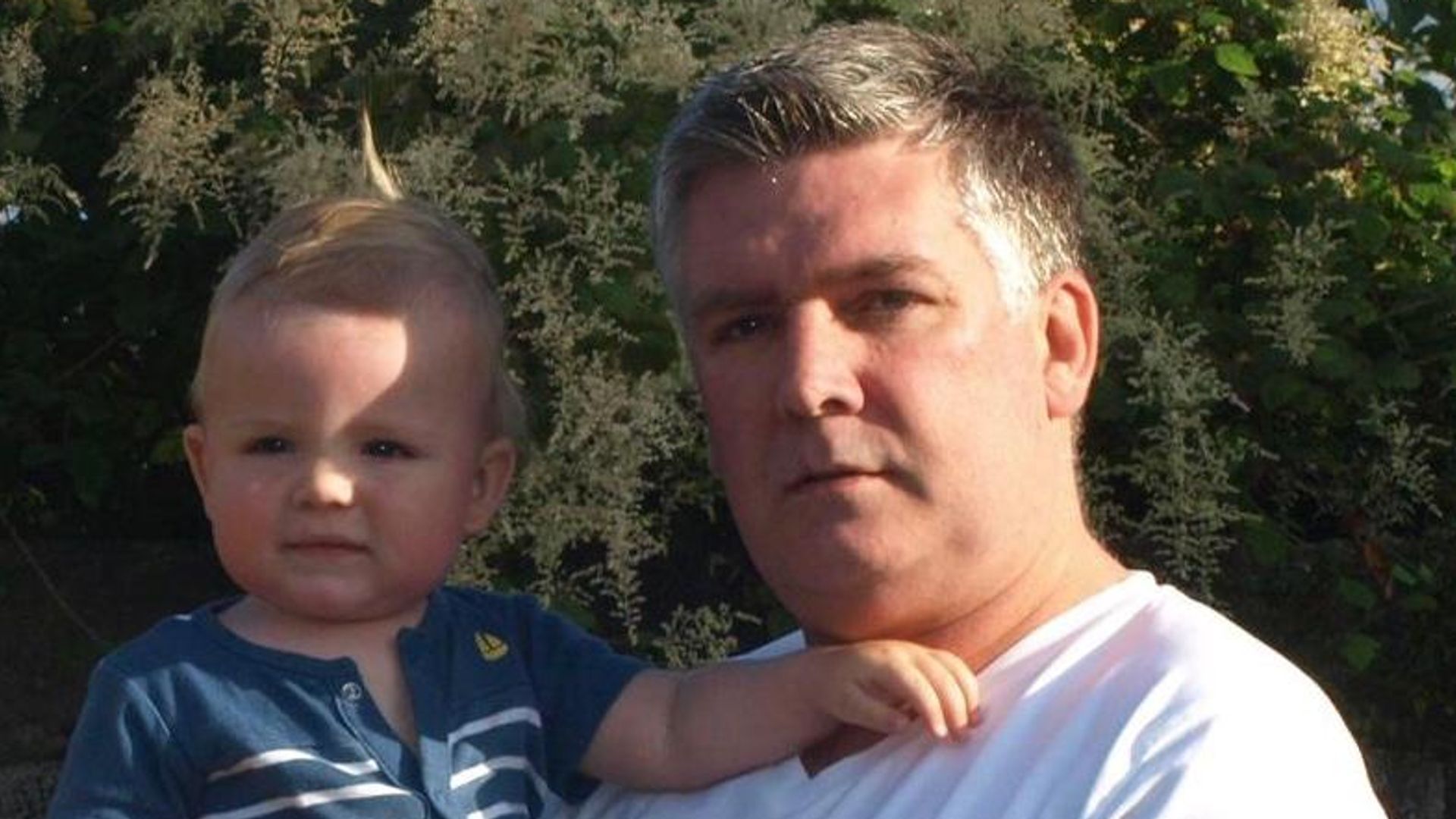
LITTLETON, Maine — Bonnie Murphy, a Mi’kmaq Nation artist, sometimes hand weaves tiny beads into intricate Native patterns — red, yellow, black and white – round the clock.
“My son says, ‘I wake up, my Mama’s beading, I go somewhere and come back, she’s beading, when I go to bed, she’s beading, and I’ve even gotten up in the middle of the night and she’s beading,’” Murphy said, laughing, adding that it has helped her through some rough times.

The Littleton woman is deeply rooted in tribal art passed from one generation to the next. But finding her way to authentic Mi’kmaq beadwork, her family or her Mi’kmaq Nation heritage was not an easy path.
Like many Aroostook County Native children, Murphy lost her Native culture for many years when Maine child welfare services took her and her baby sister Kathy from their parents and placed them with a white foster family when Murphy was 2 years old. Their older sister Patty was in Portland with their grandfather for the day, so the state put her in foster care in Portland.
“When I look back on it, I am sad,” she said about all that she lost. “I’m still learning it bit by bit.”
That was in 1958, a time when at least one in three Maine Native children were taken from their homes by child welfare services and placed into foster care with non-Native families, according to the Maine Wabanaki-State Child Welfare Truth & Reconciliation Commission started in 2013 to document the widespread removal of Native children from their homes.
Many local Native families were torn apart.
“We have all been devastated by this. My Gram was taken from her home to a school in Nova Scotia,” said Osihkiyol Crofton-Macdonald, the Houlton Band of Maliseets tribal ambassador, during a tribal history presentation in Houlton in May. “A lot of our families have that history.”
While her early memories are few, Murphy remembers living on the Ludlow Road until she was 6 and then she and Kathy lived with Charlie and Vera Miner in Houlton until she was 18.
What she remembers well are the whispers, taunts and slurs from white people referring to her Native roots.
“When I was young I was ashamed and hated that I was Native,” she said. “It wasn’t until I was married and had my children that I realized there was nothing to be ashamed of. My people were here before anybody.”

Still, she’s sad that she never learned her Native language and the Mi’kmaq Nation art of basket weaving. She said her family made baskets for potato picking, and she has a photograph of her grandmother weaving a basket.
Many Native children moved from foster home to foster home, and she is grateful for her foster parents. Nonetheless, she didn’t have the love of a mother and father and always felt like she did not belong with her foster family, she said.
She said that she felt like she was “only a paycheck” and that her foster parents told her she was “Indian.”
For as much as she was ashamed, she also wanted to learn about her culture, she said. As young teens, she and Kathy walked to a Mi’kmaq center in Houlton, the first place she began beadwork. But it only lasted about six months because of boys, she said, laughing.
At 16, she finally found her father, who was not Native but Irish. At the time, he was a carnival worker with the James E. Strates Carnival Show. She spent that summer with him in Georgia.
Returning to Maine to finish high school, she left after graduation to be with her father in Florida, she said.
As she continues to learn about her culture, she goes to everything she is invited to and right now she is learning how to make ribbon skirts with the Maliseets who have also asked her to teach beadwork, she said.
Bears, wolves and buffalo often appear in her beadwork.
“Animals have significance. We don’t kill an animal to satisfy our greed,” she said. “If we kill an animal, we use every part to survive. ”

And as she talks, her own animal babies are nestled around her, Leilani, a part-Maine Coon cat, Mr. Man aka Mr. Thumbs an orange and white cat with six toes, and sweet Akirra, a part-Mexican teacup chihuahua.
Just before the COVID-19 pandemic, Murphy had a right-sided stroke that caused neurological and physical limitations. It was seven months before she could bead again. If she could see the patterns and beads, she couldn’t make them work with her hands; or if she could get her hands working, she couldn’t make her mind comprehend what her hands wanted to do, she said.
She never gave up, trying again and again.
Murphy no longer goes out in the winter, and during those four or five months she builds up her inventory for the upcoming summer and fall show season, she said. She has already scheduled a booth for the 2024 eclipse in Houlton.
Two more shows this summer are the Mawiomi of Tribes — the pow wow — usually held in August in Caribou, and The Recognition for the Maliseets in September. Additionally, Murphy is selling her beadwork at the Mi’kmaq Farm this weekend and next in Caribou.
“I’m making jewelry to prove who I am,” Murphy said. “I’ll keep doing it till my body or my eyes won’t let me.”











